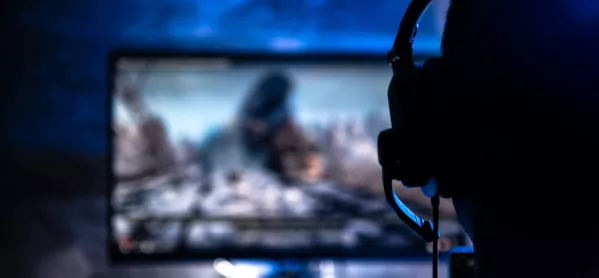From pupils zapping monsters in Fortnite to honing tactics in Call of Duty, it is rare for teachers to recommend students spend more, not less, time on computer games.
However, the Polish government has done just that, having placed video game This War of Mine on the official reading list for high-school students for 2020-21.
Related: Video games DO enhance learning and teaching
Long-read: We need to level up our understanding of video games
Quick read: Tes focus on…Computer games
It has also made the game available for free to support the teaching of sociology, ethics, philosophy and history - however, only pupils over the age of 18 will be able to access it.
The game, first released in 2014, is based on both the Siege of Sarajevo in the 1990s and the Warsaw Uprising in the Second World War. It has been praised for how it encourages players to make moral choices, as well as its focus on the experience of civilians in a notoriously pro-war gaming industry.
Developed by Warsaw-based 11 bit studios, players must make ethical choices to access food, medicine and shelter.
Dr Dominika Urbanska-Galanciak, head of Spidor, which represents the Polish video games industry, said: “ For the first time in history, a video game has been included on the recommended reading list for schools.
“We are pleased that the Ministry of Education and Prime Minister Mateusz Morawiecki support and recognize the role of the video games sector in culture, creativity, innovation and even education. This is a great example of how video games can support education by telling stories and raising important ethical issues.”
Simon Little, chief executive of European video games body ISFE, said: “It is extremely exciting to see a European government recognise the value of video games to education in this way.
“Video games are an intrinsic part of 21st-century society and bring enormous benefits especially when used appropriately in a school setting where they are proven to increase student engagement and learning outcomes, develop team-building, problem-solving and mental agility.”




